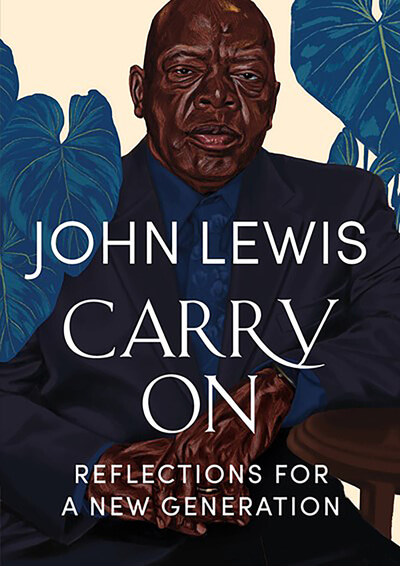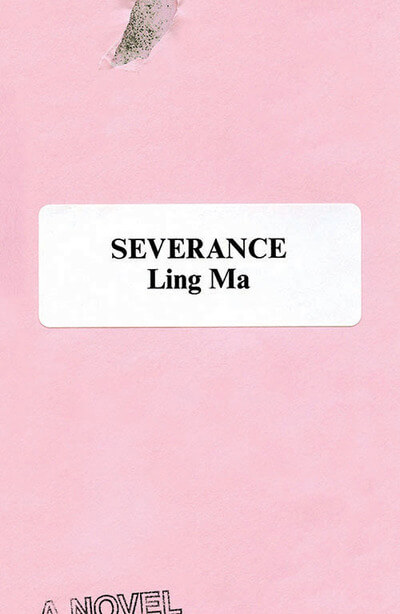No matter how hot it is outside, that first jump into the pool is always a shock. These five books are like that early summer plunge, each having transformed a well-loved genre into something totally surprising, gasp-worthy and deeply refreshing.
Severance
I have no idea why zombie movies and novels were such a thing in the 2010s, but it felt like everyone had an opinion about fast versus slow zombies, and nearly any stranger could tell you when and why they stopped watching “The Walking Dead.” Ling Ma’s spectacular 2018 debut novel, Severance, took the familiar zombie thriller and fused it with the fledgling millennial office novel to create something wholly original, using an apocalyptic framework to explore our daily routines and nostalgic obsessions. The story of a young woman who survives the plague and now finds herself homesick in civilization’s afterlife, Severance is a mashup, a sendup, a takedown. And the book continues to feel fresh in new ways nearly three years later: It’s about a global virus, but it’s also about continuing to work at your semifulfilling job while the unfathomable draws ever closer.
—Cat, Deputy Editor
Anna K
I remember gasping aloud and then laughing with delight at the opening paragraph of Jenny Lee’s relentlessly effervescent re-imagining of Leo Tolstoy’s Anna Karenina (which, confession, I have never read). It begins with a magnificent revision of Tolstoy’s famous epigraph, contains an unrepeatable expletive, name-drops Hermès, Apple, Madison Avenue and SoulCycle, and then ends with a parenthetical explanation that its subject’s “new gluten-free diet” prevents her from attending a “double sesh” workout. The whole thing serves to signal: Reader, you’re not in 19th-century St. Petersburg anymore. You’re in contemporary Manhattan amid a group of uber-wealthy Korean American teens whose social and romantic entanglements Lee chronicles with wit and style aplenty, not to mention a blunt frankness that would make even Gossip Girl blush. I can’t imagine anything more delicious than setting up poolside or stretching out on a park blanket under a tree and letting Lee’s sparkling prose and Anna and Vronsky’s life-changing love take me away. XOXO, indeed.
—Stephanie, Associate Editor
Mona in the Promised Land
Coming-of-age novels are far from rare, but acclaimed writer Gish Jen crafted one that rises above its genre in her beloved 1997 novel, Mona in the Promised Land. In the late 1960s, Chinese American teenager Mona Chang is growing up in the suburbs of Scarshill, New York, and struggling to find peace in her identity and to settle into her place in the world. Throughout Mona’s engaging exploration of Chinese, American and Jewish traditions, she finds love in a tepee, employment in a pancake restaurant and adherence to a new religion. It’s astoundingly refreshing to see a book effortlessly balance complex topics like race and identity with lighthearted moments and adolescent rites of passage. Through it all, Mona’s sharp wit and penchant for drama are her constant companions, making this lively book as entertaining as it is pensive. Jen takes a dynamic look at how important identity is for all of us while keeping the laughs coming. I loved every page of it.
—Caroline, Editorial Intern
Red, White & Royal Blue
Even if you’re not a romance reader, you’ve probably heard of Casey McQuiston’s debut novel. (If you’ve been living under a rock, our interview with the author will catch you up.) But this love story between Alex Claremont-Diaz, first son of the United States, and Prince Henry of the U.K. deserves recognition for more than its stunning crossover success. When the novel achieved bestseller status, McQuiston proved that leaving LGBTQ representation in romance to the online-only and/or independent publishing realm meant leaving dollars on the table. She also gave the oft-gloomy, oft-toxic subcategory of New Adult (which features college-age protagonists), a much needed zap of positive, giddy energy. There are plenty of serious issues at stake—only a trusted few know that Henry is gay, and Alex must explore his bisexuality under a media microscope made even more intense by his Latinx heritage—but there are also karaoke extravaganzas, one of the rowdiest New Year’s Eve parties in fiction and a fan-favorite scene involving Thanksgiving turkeys.
—Savanna, Associate Editor
Nobody Will Tell You This But Me
I love family memoirs—the messier, the better. If the author has been disowned, neglected or mistreated, I’m there with bells on and bookmarks in hand. However, even someone whose literary appetite for drama is as bottomless as mine can appreciate the refreshing sweetness of Bess Kalb’s memoir about her late grandmother, Bobby. Nobody Will Tell You This But Me digs into generations of difficult family history—fleeing the pogroms in Belarus, immigrating to New York City, building a business and a home one scheme at a time—but the twist is that Kalb writes from a place of deep love and appreciation for her grandmother, in defiance of those trauma-informed books that tease apart years of hurt. As an added bonus, comedy and TV writer Kalb narrates this story in Bobby’s frank, anxious, singularly funny voice, like an adoring impression. This bold, fresh approach is a welcome deviation from the first-person introspection common to the genre. Kalb’s buoyant memoir floats splendidly alone on a sea of fraught familial tales.
—Christy, Associate Editor


























